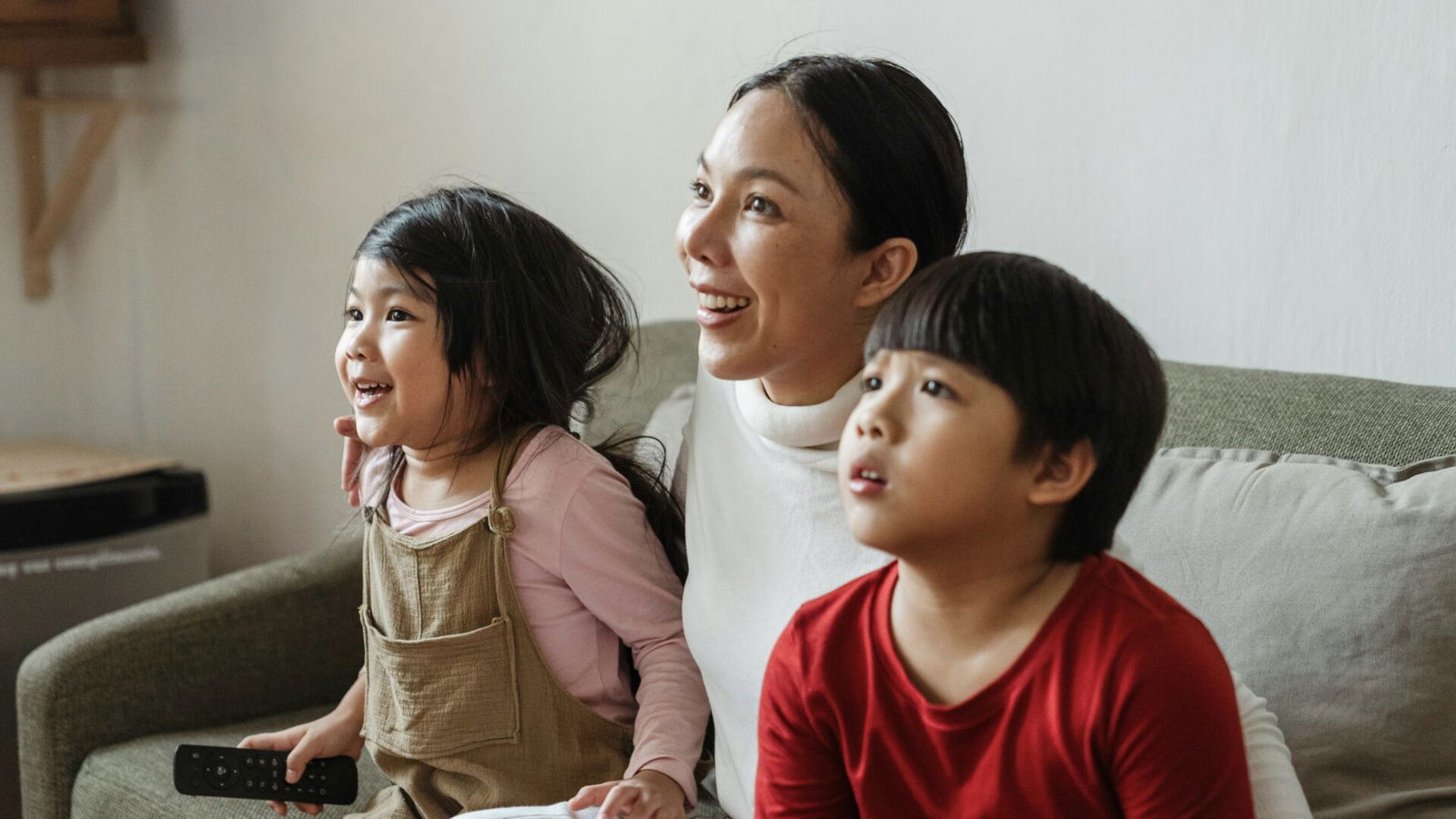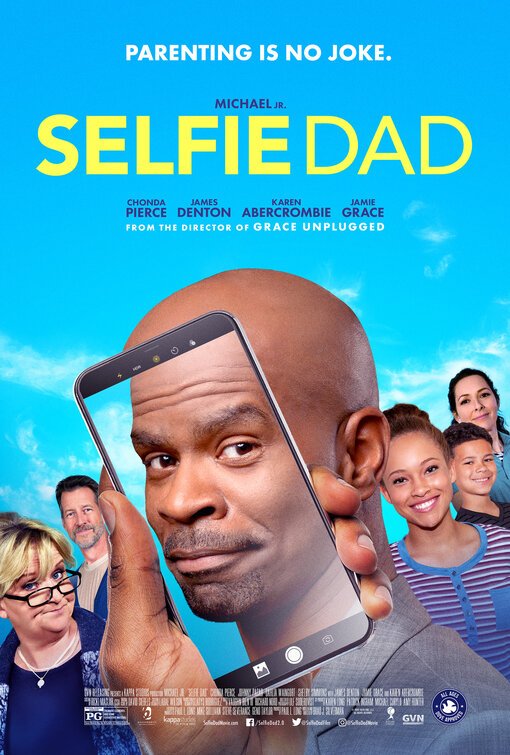
By Michaela Gordoni
Phys.org researchers shared how co-use of digital products improves children’s well-being, as opposed to when they use digital devices by themselves.
When adults use digital media, such as video games, movies, TV, TikTok, etc., alongside their kids, it helps kids understand and relate to digital content better, Phys.org reports. It also allows them the opportunity to ask parents questions.
Other studies show that it also boosts language skills. Adults who are actively engaged can make the most of digital media through educational opportunities.
Daniel Donahoo, digital learning advisor at Raising Children Network, said co-use allows moms and dads to see what their kids “find enjoyable” and “the things that make them frustrated or that they get really intense about.”
Phys encourages parents to engage with their kids as they use digital products and ask them questions like, “What do you think will happen next?” or “Why do you think the character did that?”
Parents may implement scaffold learning, which enforces education through learning new concepts. Scaffolding could mean explaining hard words, relating on-screen content to real life or helping your child apply what they’ve learned to daily situations.
“Encourage your child to think critically about what they see on their screens,” the Mayo Clinic encourages parents. “Ask your child to consider whether everything on the internet is accurate. Does your child know how to tell if a website is trustworthy? Help your child understand that media are made by humans with points of view.”
And always prioritize high-quality content. This could be content that emphasizes skills like math, language or problem-solving. Encourage kids to talk about what they watched or played. Conversation gives room for you to gauge their understanding and respond to any misunderstandings.
You can adapt your approach as your child grows older. Older kids might benefit from in-depth, critical conversations about content and you can ask them to perform research related to the kind of content they consumed.
“No matter how smart or mature you feel your child is, monitor his or her online and social media behavior,” the Mayo Clinic tells parents. “Your child is bound to make mistakes using media. Talk to your child and help him or her learn from them.”
And of course, make sure they aren’t spending too much time online — and that should go for you, too. Get some time outside, read a book and spend some quality time away from devices.
Read Next: Erin and Ben Napier to Help Parents Raise Children Without Social Media
Questions or comments? Please write to us here.


 - Content:
- Content: 

 – Content:
– Content: 